UN Security Council urged to enhance cooperation with Arab League
Tue 19 Jan 2021, 13:19:54
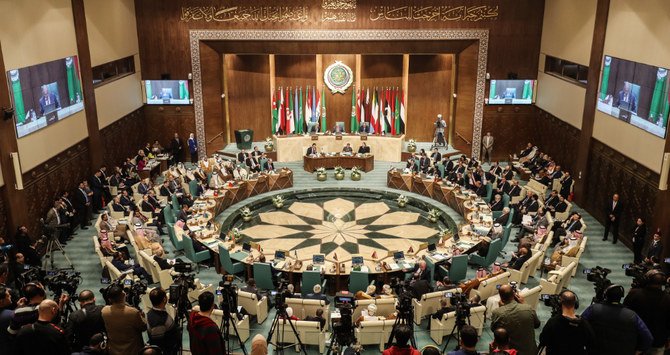
NEW YORK: The problems that continue to plague the Arab world were top of the agenda for the UN Security Council on Monday, as it considered ways in which cooperation with the League of Arab states might be enhanced.
Members discussed the protracted conflicts in Syria, Yemen, Libya and Sudan, and the stalled Middle East peace process, as they agreed that multilateralism and cooperation are key requirements for peace.
Tunisia holds the presidency of the Security Council this month, and the meeting was convened at the request of Tarek Ladeb, the country’s permanent representative to the UN. His invitation stressed the need for a more effective partnership between the UN and the Arab League, and evoked Chapter VIII of the UN Charter, which sets out the role of regional organizations in efforts to maintain peace and security.
Both organizations were established in 1945 with the purpose of guaranteeing international peace and security. Cooperation between the two has grown over the years to encompass many aspects of this, such as conflict prevention and resolution, mediation, peacekeeping and peacebuilding, human rights and humanitarian aid, refugees, human and political development, countering terrorism, the prevention of violent extremism, and sustaining peace and disarmament. More recently they have addressed the effects of the COVID-19 pandemic and climate change, and in 2019 a liaison office was established by the organizations in Cairo.
Anwar Gargash, the UAE’s minister of state for foreign affairs, called on the Security Council to unite behind Arab causes, and urged the permanent members to limit their use of the power of veto. He also asked the council to take into consideration the views and concerns of Arabs about conflicts in the Middle East, by helping to prevent external interference in Arab affairs, protecting the region from weapons of mass destruction, and ending the Israeli occupation of Palestinian lands.
Ahmed Abul Gheit, secretary-general of the Arab League, told the council that the “dangerous mix” of the pandemic and continuing conflicts has taken a heavy toll on the region. He also said that a two-state solution to the conflict between the Israelis and the Palestinians, which appears more elusive than ever, must be reaffirmed.
“We look forward to the new American administration rectifying policies and procedures that are not useful, and engaging in a fruitful political process with the support of influential regional and international parties,” he said.
“This would give the Palestinian people renewed hope that the international community will stand by its side in its noble aspiration to achieve freedom and independence.”
Abul Gheit also condemned “regional powers” for their continued interference in the affairs of Arab nations.
“It has become apparent to all that this interference has destabilized the region as a whole,” he said. “It has adversely affected the security of international maritime-navigation routes, which are a lifeline for international trade.
“It has also become apparent that this interference perpetuates existing conflicts and further complicates them. In Syria, five countries are interfering militarily in an apparent way. The security situation remains tumultuous and precarious, especially in the northwest, northeast and in the south.”
Rosemary DiCarlo, the under-secretary-general for
political and peacebuilding affairs, said that the COVID-19 pandemic has “exacerbated strains on the multilateral system, just as the need for solidarity and cooperation has never been more critical.”
political and peacebuilding affairs, said that the COVID-19 pandemic has “exacerbated strains on the multilateral system, just as the need for solidarity and cooperation has never been more critical.”
She thanked the Arab League for its engagement with peacekeeping efforts in a number of protracted conflicts. This includes support for the UN’s envoy to Syria and the Syrian Constitutional Committee, upholding the international consensus on the two-state solution, its active role in brokering the Oct. 23 ceasefire in Libya, and its support for Sudan’s transition to democracy.
In Yemen the support of the league and key member states is crucial, she added, to the implementation of “the world’s largest aid operation, and urgently address the growing risk of famine before it is too late.”
DiCarlo expressed hope that this month’s AlUla Declaration, an agreement by Saudi Arabia and other Gulf states to mend relations with Qatar, will help to enhance regional security and prosperity. She called for restraint in the region and dialogue to ease tensions.
Rodney Hunter, the political coordinator for the US mission to the UN, commended “our friends and allies in the (Arab League) for standing firm against re-admitting (President Bashar) Assad’s Syria, and not normalizing relations until an inclusive political process is underway (in the country).”
He added: “There will be no foreign reconstruction assistance until the (Syrian) regime has fully committed to a political solution that is outlined in Security Council Resolution 2254.”
Regarding Iran, Hunter said that the regime in Tehran “remains the most significant threat to regional peace and security, engaged in malign activity across the region from Lebanon to Saudi Arabia.”
Iran-backed militias in Iraq “routinely engage in a statewide theft of Iraqi state resources, conduct targeted killings and stoke sectarian violence,” he added, vowing that the US will continue to “aggressively press the Iranian regime to end its role in this conflict and curtail its support for terrorist groups and militias.”
He said: “Individually, states are susceptible to Iran’s coercion, intimidation and malign behavior — and these states should not have to go it alone.”
Hunter also commended the Arab nations that have normalized relations with Israel in recent months and called for others to follow suit.
Speaking on the day of the annual US commemoration of the life and achievements of Martin Luther King, Hunter quoted the renowned civil rights leader, saying: “Darkness cannot drive out darkness, only light can do that. Hate cannot drive out hate, only love can do that.”
Vassily Nebenzya, Russia’s permanent representative to the UN, said: “The Russian concept of security in the Persian Gulf is an invitation to dialogue.” In a clear jab at the US, he added: “This is an invitation to peace, in counterbalance to an invitation to war.”
He called for an end to what he described as “the arms race and weapon display” and then he, too, evoked the memory of Martin Luther King, highlighting “a quote which apparently (the Americans) do not like: ‘A nation that continues year after year to spend more money on military defense than on programs of social uplift is approaching spiritual doom.’”
No Comments For This Post, Be first to write a Comment.
Most viewed from International
Most viewed from World
AIMIM News
Latest Urdu News
Most Viewed
May 26, 2020
Should there be an India-Pakistan cricket match or not?
Latest Videos View All
Like Us
Home
About Us
Advertise With Us
All Polls
Epaper Archives
Privacy Policy
Contact Us
Download Etemaad App
© 2026 Etemaad Daily News, All Rights Reserved.

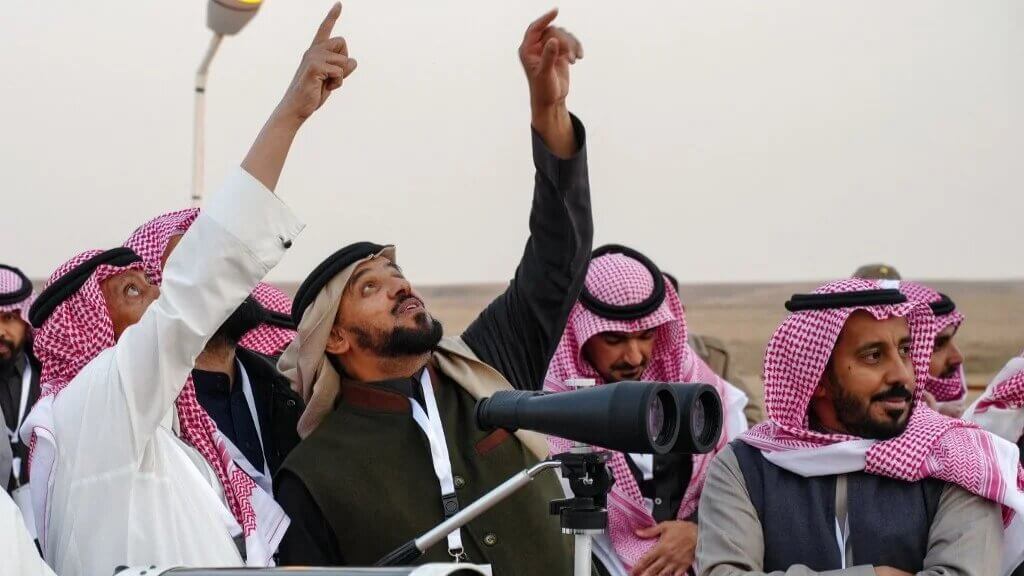

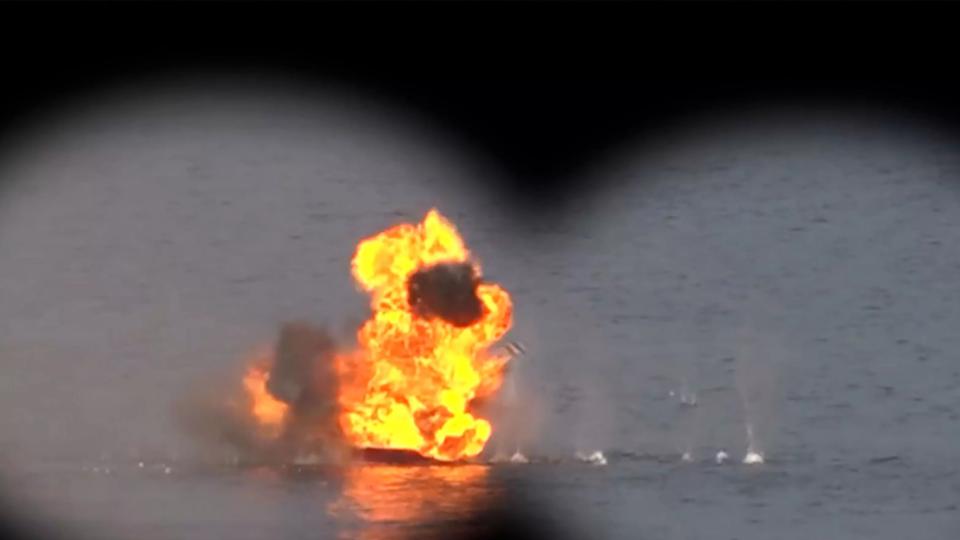


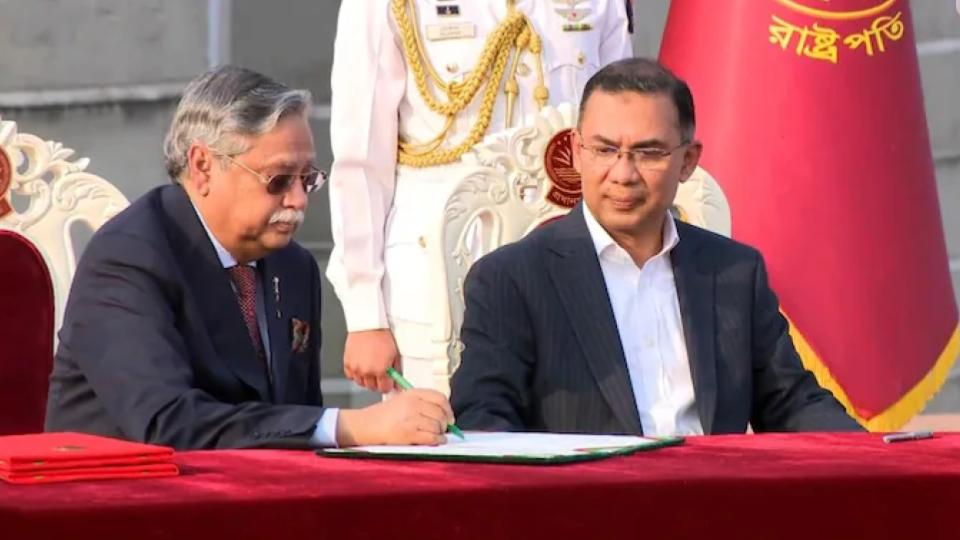

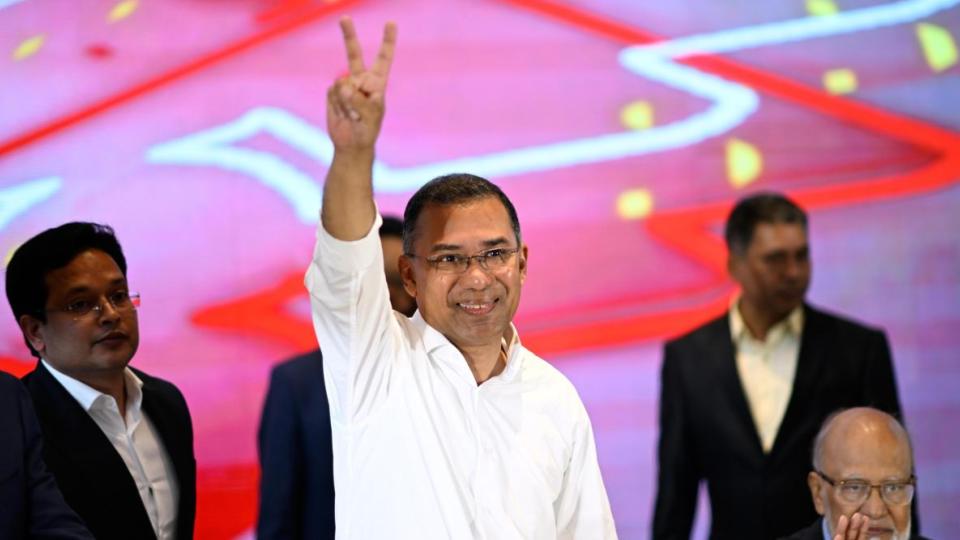
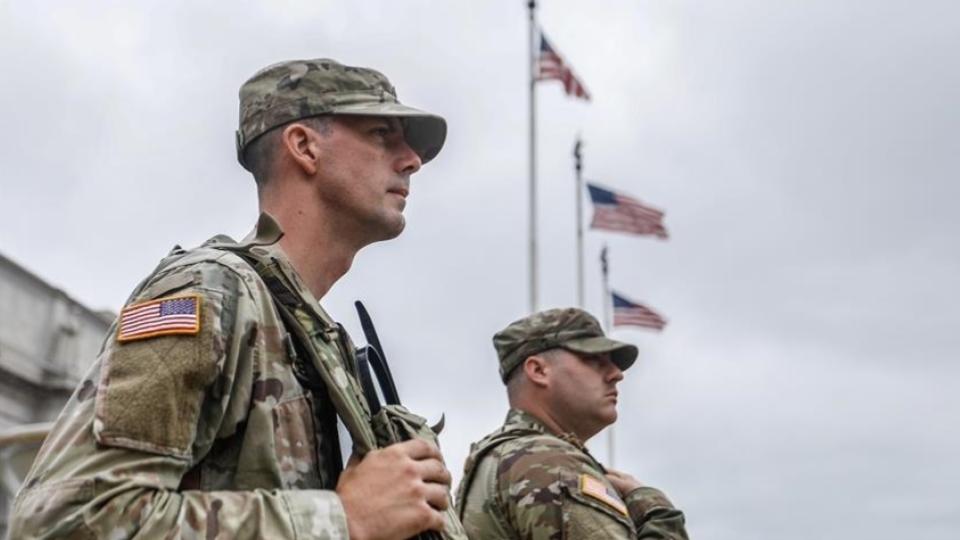
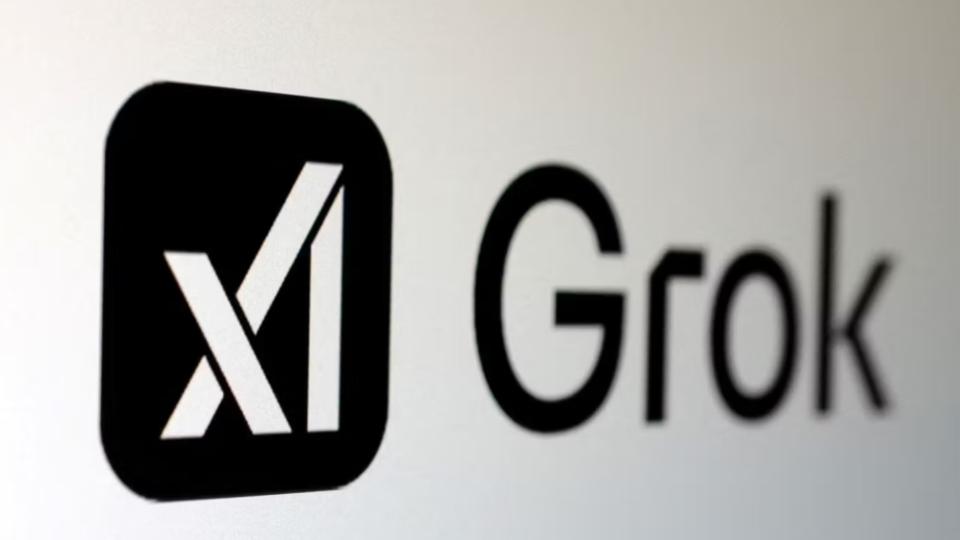
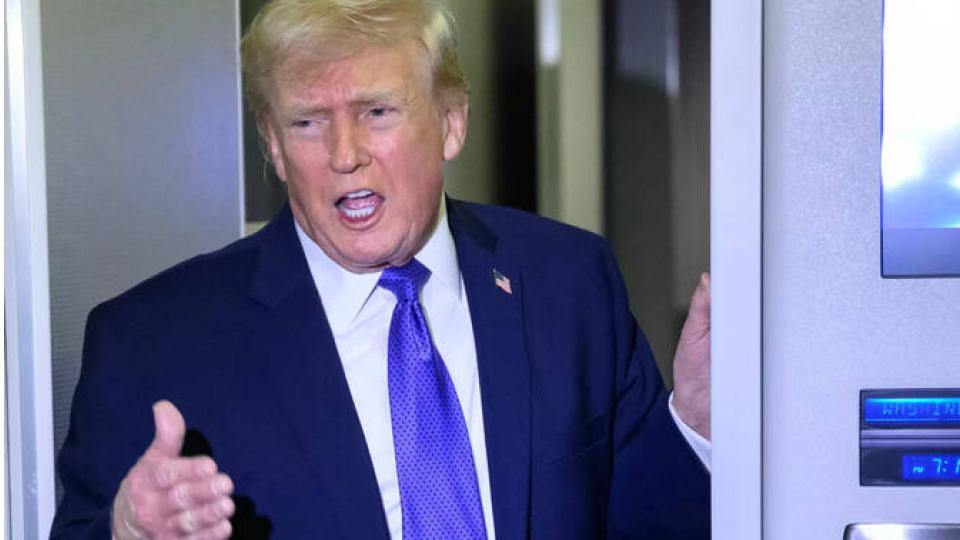

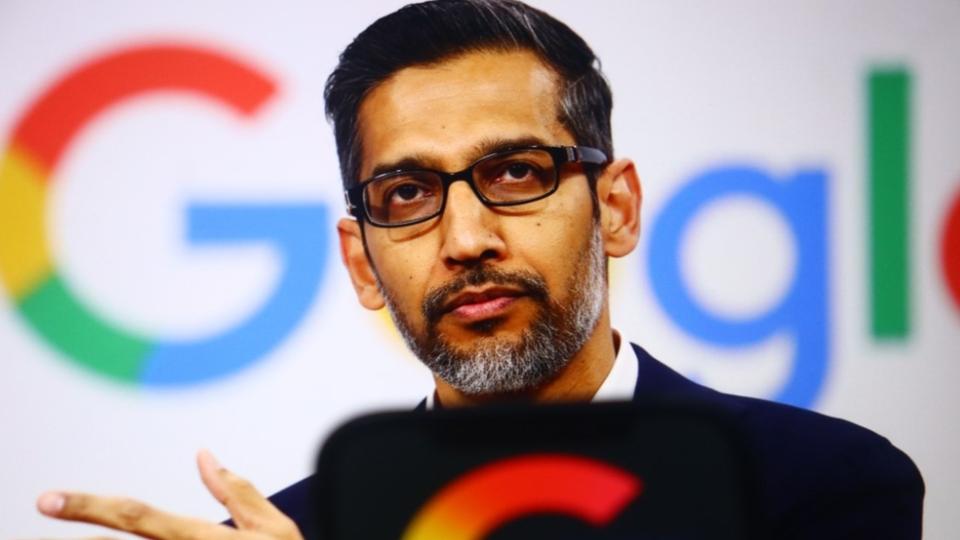
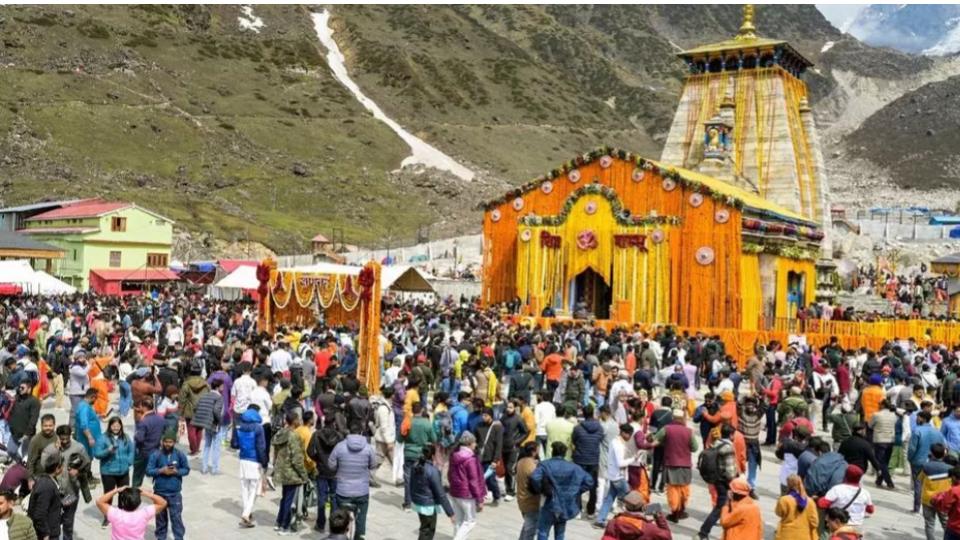

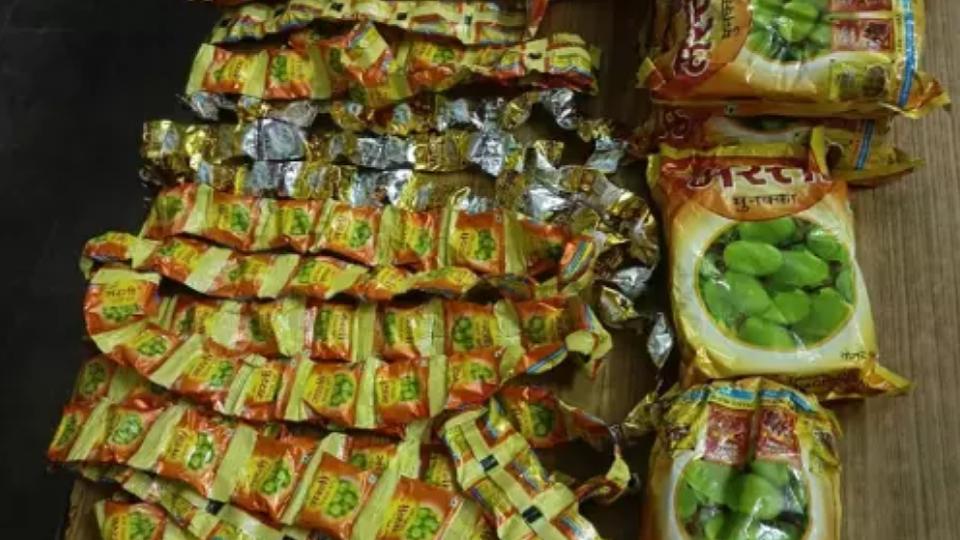
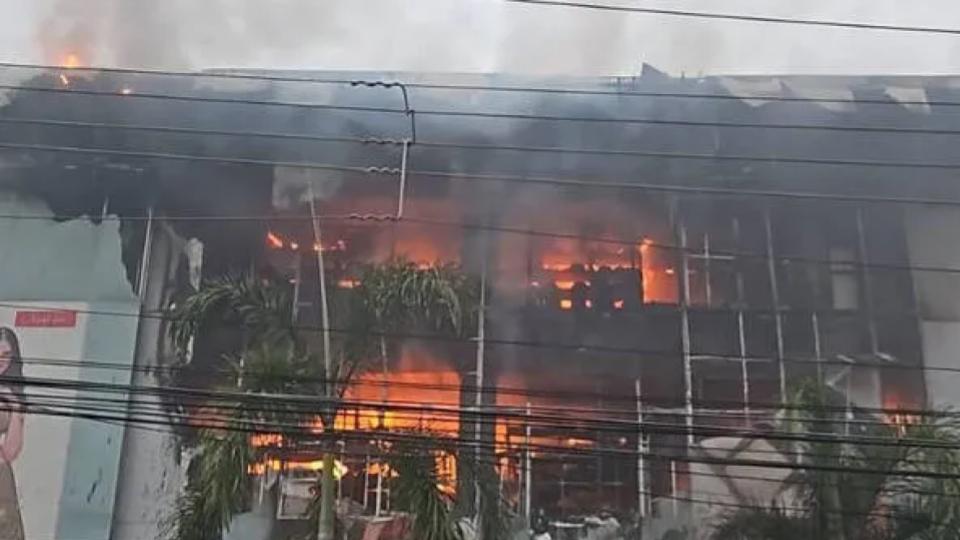


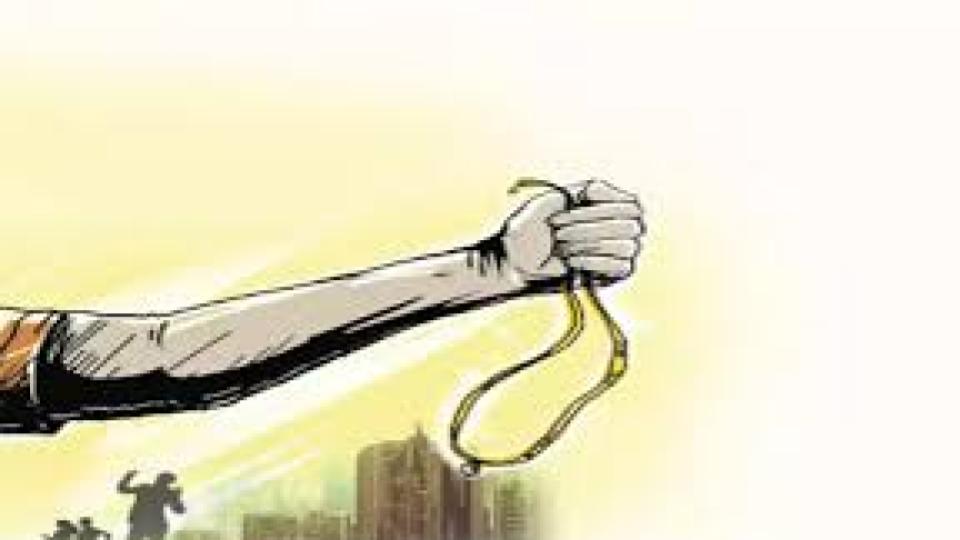

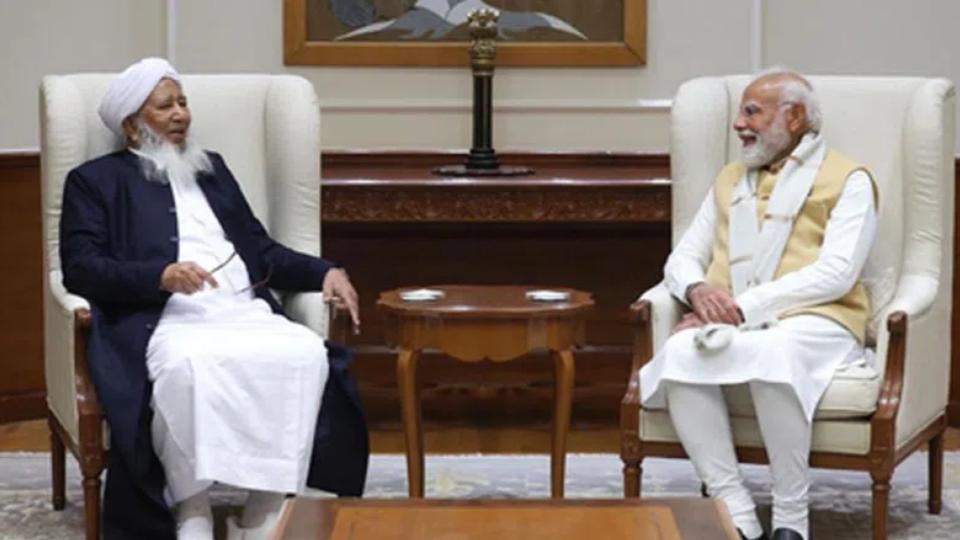
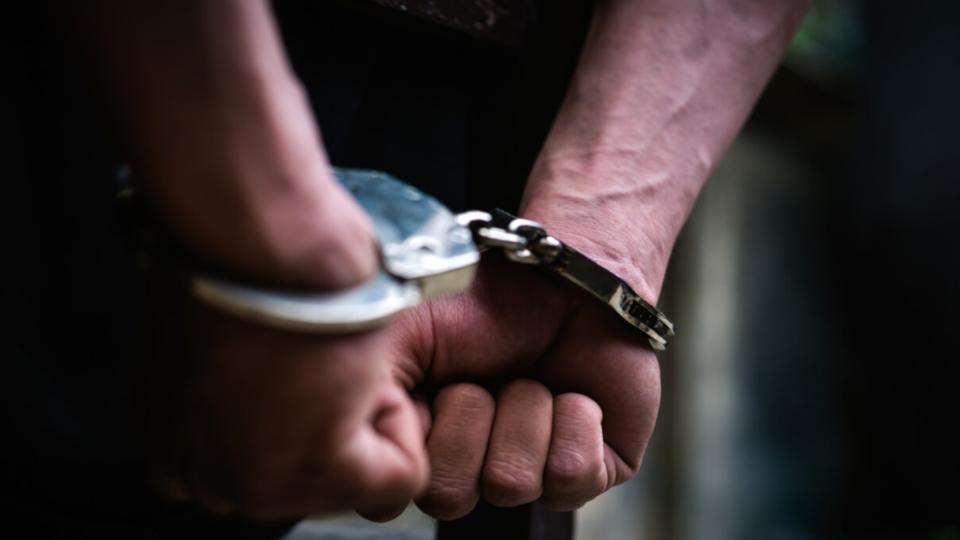


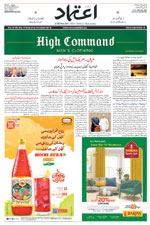










.jpg)
.jpg)
.jpg)


